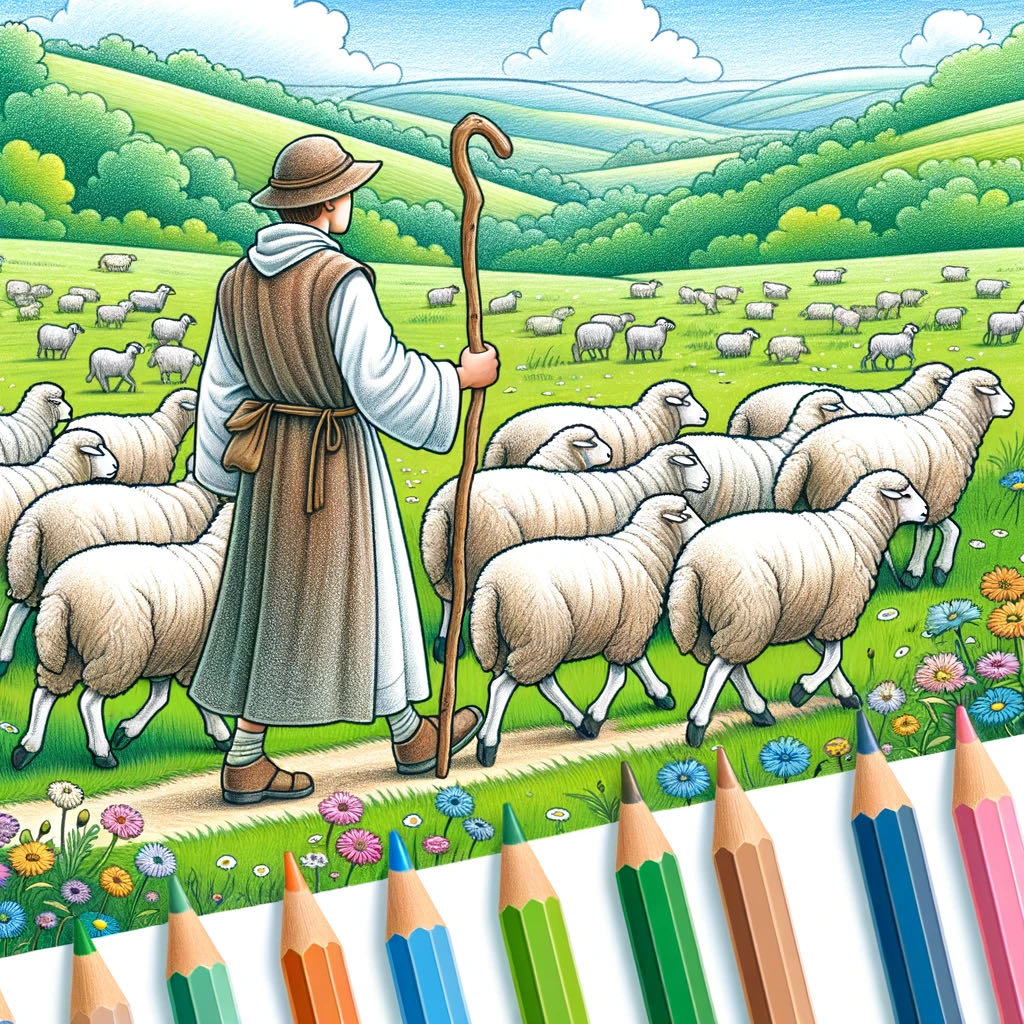
70年来有两个时期似乎有某种关联和相似的地方,(1966-1976)和(2020-2023),一层一层,那些有某些权利的层级在逐级向下展现‘集体’意志;一层一层,下面的个人意志却逐渐消失。可能的原因如下:
各种“集体活动”的冲击:
- 比如:文化革命运动、新冠疫情防控等给人民造成的迫害和伤害。
经济改革的转变:
- 改革开放:改革开放政策带来了经济快速发展,但也加剧了社会不平等和权利分配的不公。个人在享受经济成果的同时,也面临失业、环境污染和社会保障不足的挑战。
现代社会的挑战:
- 网络时代:互联网的发展使信息更为开放,个人表达的机会增加,但也伴随更严格的“不良”言论管控和对集体利益的强调。普通中国人在互联网和现实生活中,依然需要在权利与服从之间寻找平衡。
不愿意独立思考、不敢承担结果的原因
教育体制的影响:
- 灌输式教育:教育体制长期以来注重知识的灌输,忽视了批判性思维和独立思考能力的培养。
社会文化的影响:
- 集体主义文化:集体主义文化强调服从和团结,个人独立思考和冒险精神不被鼓励。
空气环境的影响:
- 语音控制:严格的语音控制使得人们对表达不同意见和承担结果产生恐惧心理。
改善方法
增强公民意识:
- 教育与自我教育:通过阅读、学习历史和社会学知识,了解民主、自由和人权的重要性,增强对自身权利的认识。
参与公共事务:
- 社区活动与志愿服务:参与社区活动,培养公民责任感和公共意识,增强对社会事务的关心和参与。
提升批判思维:
- 独立思考与信息甄别:学会独立思考,甄别信息的真伪,避免盲从和偏听偏信。
鼓励独立思考:
- 开放式教育:采用开放式教育方法,鼓励孩子提出问题,独立思考,培养批判性思维能力。
培养民主意识:
- 家庭民主:在家庭中实行民主决策,让孩子参与家庭事务的讨论和决策,培养其民主意识和责任感。
尊重个体权利:
- 尊重孩子的选择:尊重孩子的兴趣和选择,不强迫孩子接受家长的意愿,让孩子体验自由选择的权利和责任。
国际视野的培养:
- 跨文化交流:通过留学、国际夏令营等方式,让孩子接触不同文化和价值观,开阔视野,增强对多元文化和民主自由的理解。
成为全社会的楷模
以身作则:
- 践行民主与自由:在日常生活中,践行民主和自由的价值观,成为子女和他人的榜样。
推动社会进步:
- 积极发声:通过合法途径,积极发声,维护自身和他人的权利,推动社会的进步和变革。
教育他人:
- 传播理念:通过教育和传播,让更多人了解民主、自由和人权的重要性,共同推动社会的发展和进步。
结论
通过增强公民意识、提升批判思维、鼓励独立思考和尊重个体权利,可以帮助人觉醒,并在子女教育中培养出具有快乐自由思想的新一代,从而成为全社会的楷模。只有在教育和实践中不断努力,我们才能逐步实现个体权利和集体利益的平衡,建设一个更加自由和民主的社会。
(如有建议敬请留言讨论,邮箱:[email protected])
The Confusions and Causes of Collective Versus Individual, Rights Versus Obedience Over the Past 70 Years

Over the past 70 years, two periods seem to share certain connections and similarities—namely, (1966–1976) and (2020–2023). In these periods, there appears to be a gradual unfolding: the higher echelons with certain rights increasingly impose a “collective” will from above, while at lower levels the individual will gradually disappears. Possible reasons include the following:
- The Impact of Various “Collective Activities”
Examples: The Cultural Revolution and the COVID-19 pandemic control measures caused persecution and suffering for many people.
- The Transformation Due to Economic Reforms
Reform and Opening-up: While the reform and opening-up policies spurred rapid economic development, they also exacerbated social inequality and unjust distribution of rights. Even as individuals enjoyed the economic benefits, they faced challenges such as unemployment, environmental pollution, and inadequate social security.
- Challenges of Modern Society
The Internet Age: The development of the internet has made information more open and increased opportunities for personal expression, but it has also brought about stricter controls over “inappropriate” speech and an increased emphasis on collective interests. Ordinary people in China—both online and offline— continue to struggle in balancing personal rights and obedience to collective expectations.
Reluctance to Think Independently and to Bear Responsibility for Outcomes
- Influence of the Education System:
Dogmatic Education: The long-standing emphasis on rote learning in our education system has neglected the cultivation of critical thinking and independent thought.
- Influence of Social Culture:
Collectivist Culture: A collectivist culture highlights obedience and unity, and does little to encourage individual independent thinking or risk-taking.
- Atmosphere of Expression:
Strict Speech Controls: Rigid controls on public expression foster a fear of expressing differing opinions or accepting responsibility for the outcomes of one’s words.
Proposed Methods for Improvement
- Enhance Civic Awareness
- Education and Self-Education: By reading, studying history and sociology, and learning about the importance of democracy, freedom, and human rights, individuals can better recognize their own rights.
- Participate in Public Affairs
- Community Activities and Volunteer Service: Engaging in community activities fosters civic responsibility and public awareness, enhancing one’s involvement in societal affairs.
- Improve Critical Thinking Skills
- Independent Thought and Information Discrimination: Learning to think independently and scrutinize information helps avoid blind obedience and partial listening.
- Encourage Independent Thinking
- Open-Ended Education: Employ educational methods that encourage children to ask questions and think independently, thus cultivating critical thinking skills.
- Cultivate a Democratic Consciousness
- Family Democracy: Implement democratic decision-making in the household by involving children in discussions and decisions, fostering their democratic awareness and sense of responsibility.
- Respect for Individual Rights: Respect children’s choices and interests without forcing them to accept the parents’ views, allowing them to experience the rights and responsibilities of free choice.
- Broaden International Perspective
- Cross-Cultural Exchange: Through study abroad programs, international summer camps, and other means, children can be exposed to different cultures and value systems. This exposure broadens their horizons and deepens their understanding of pluralism and democratic freedom.
Become a Model for Society
- Lead by Example: Practice the values of democracy and freedom in daily life to serve as a role model for children and others.
- Promote Social Progress: Voice your opinions through legal channels, defend your rights and the rights of others, and help drive social progress and transformation.
- Educate Others: Spread the ideals through teaching and communication so that more people understand the importance of democracy, freedom, and human rights, thereby promoting collective societal development and progress.
Conclusion
By enhancing civic awareness, improving critical thinking, encouraging independent thought, and respecting individual rights, we can help awaken people—and in educating the next generation, cultivate individuals with a joyful and free spirit. Such efforts can serve as a model for society. Only through continuous education and practice can we gradually achieve a balance between individual rights and collective interests, thereby constructing a more free and democratic society.
-
阴霾国人的焦虑根源:一个缺乏罪之反省民族的必然(EN ver. inside)
文 / HuSir 给非信徒读者的阅读提示 若你并非宗教信徒,阅读本文时无需将“悔改”“罪”等词理解为宗教…
-
写给未来读到这些文字的人(EN ver. inside)
——一位身处当下的人留下的说明 文 / HuSir 如果你正在读这些文字,便如同见到了一个人,那就是我。很…
-
自由不是缺席,而是人尚未准备好(EN ver. inside)
——一位自由世界的过来人,回望大洋国。 文 / HuSir 我曾生活在一个自由世界。那里的制度并…
-
从负责人到同行者(EN ver. inside)
——一段关于信仰、边界与交托的反思 文 / HuSir 顾弟兄曾在一个家庭教会中服事,也一度承担负责人角色…
-
当我们知道该顺服,却仍一次次想要做主(EN ver. inside)
——写在〈当信仰进入家庭,却把家庭推远〉之后:一段关于回转与操练的自白 文 / HuSir 在上一篇文章中…
-
当信仰进入家庭,却把家庭推远(EN ver. inside)
——从阴霾国家庭式教会的困境,谈真正的家庭信仰之路 文 / HuSir 在阴霾国的特殊处境中,“家庭教会”…
-
为什么“活着”永远不足以支撑一个文明(EN ver. inside)
——从生存模式走向民主社会的真实路径 文 / HuSir “活着”,是人生而为人的最低要求,也是任何社会秩…
-
没有人需要成为狄仁杰(EN ver. inside)
——关于真相、细节与普通人的胆魄文 / HuSir 简介 狄仁杰(630—700),唐代名臣,以刚正善断著…
-
核酸人民盼望怎样的未来和希望?(EN ver. inside)
——写给转型时代的阴霾国人 文 / HuSir 前言 在这篇文章里,不会有煽动情绪,也不会有发泄不满,甚至暂…
-
世界公司与文明治理的转型(EN ver. inside)
——旧权力结构为何正在失去世界的管理权 文/HuSir 二十一世纪的世界,正在悄然完成一次治理逻辑的转型。…
-
为什么人如此抗拒悔改?(EN ver. inside)
——从心理、防御到身体的潜在代价 文/HuSir 摘要 本文探讨人们为何抗拒悔改与反思。作者指出,许多人的…
-
那堵真正的墙,在我们心里(EN ver. inside)
文/HuSir 阴霾国社会从来不是铁板一块。人们对自身处境、对所处环境、对权力与自由的理解,始终存在巨大差…

发表回复